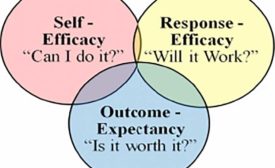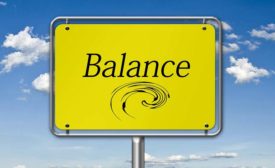Psychology in the Workplace
Changes at work bring on employee stress, intent to quit
Change at work bring on employee stress, intent to quit
May 24, 2017
Never miss the latest news and trends driving the safety industry
eNewsletter | Website | eMagazine
JOIN TODAYCopyright ©2024. All Rights Reserved BNP Media.
Design, CMS, Hosting & Web Development :: ePublishing










